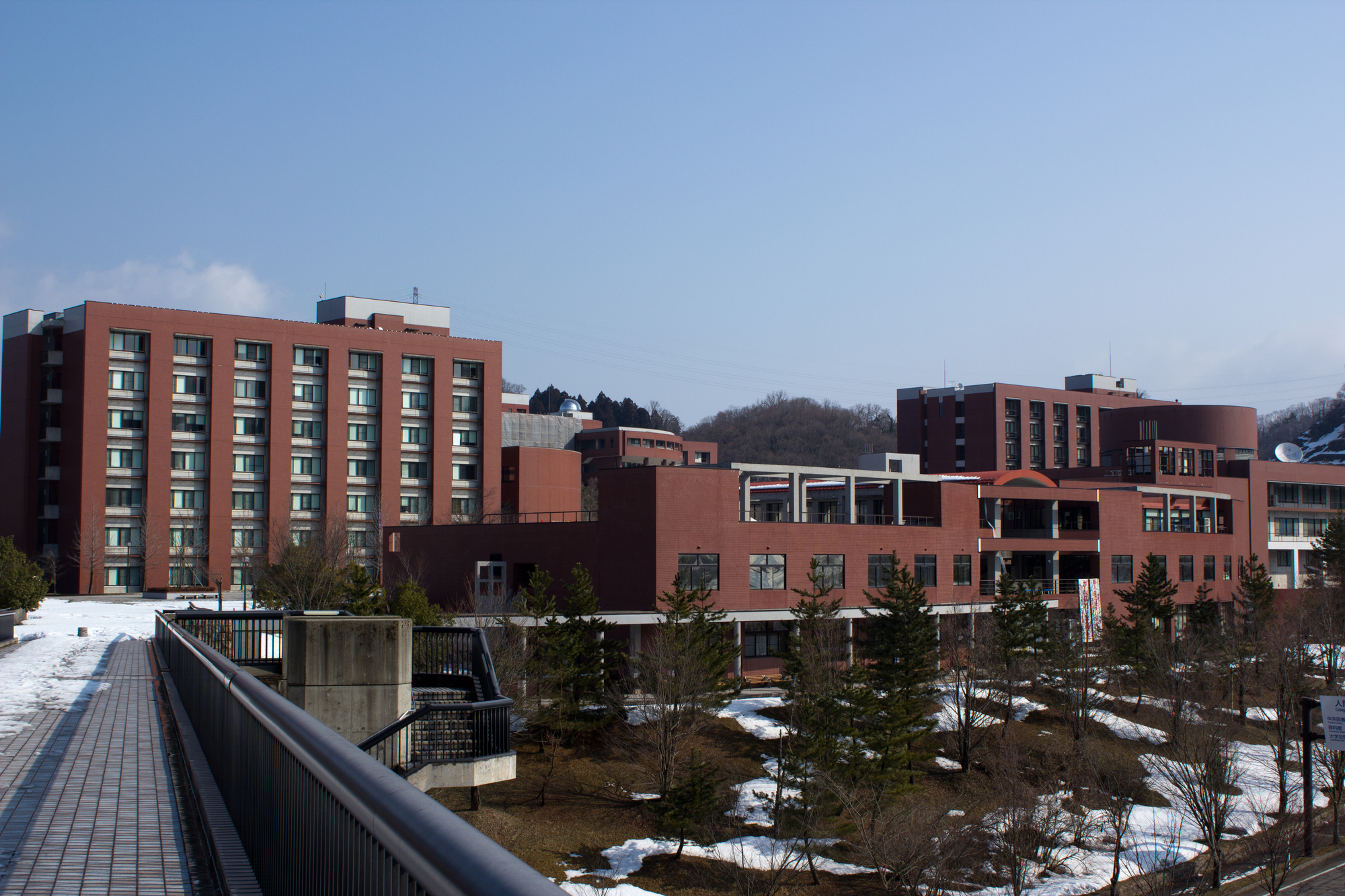After the outbreak of the new coronavirus infection, it was found that the number of patients with febrile neutropenia, one of the serious side effects of anticancer chemotherapy, was decreasing.A joint research group of Professor Atsushi Mizokami, Assistant Professor Hiroshi Yaegashi, and Doctor Ren Toriumi of the Department of Urology, Kanazawa University Hospital revealed this.
Chemotherapy using anticancer agents is one of the three pillars of cancer treatment along with surgical therapy and radiation therapy, but currently, various anticancer drug treatments cause side effects in about 5 to 15% of patients. The development of febrile neutropenia is confirmed.Febrile neutropenia is caused by a decrease in bone marrow function due to anticancer drug therapy, resulting in a decrease in neutrophils, which increases the incidence of infections and presents with fever.Patients who develop febrile neutropenia not only suffer from decreased QOL, but are also forced to be hospitalized or have to reduce the dose of anticancer drugs, which affects subsequent therapeutic effects.Therefore, prevention of febrile neutropenia is a very important issue in carrying out anticancer chemotherapy.
This time, the researchers found that febrile neutropenia decreased during the COVID-15 epidemic compared to before the epidemic in hospitalized urological patients receiving anticancer drugs. I foundAs a result of examining the incidence of febrile neutropenia before and after the epidemic, febrile neutropenia occurred during the COVID-1 pandemic, despite there being no significant differences in anticancer drug treatment content or patient background. It was found that the rate had fallen to one-fifteenth.
During the pandemic, hygiene management and visitation restrictions for patients and medical staff were clearly more thorough than before, making it difficult for bacteria and viruses to be brought into patients from the outside, resulting in a period of neutropenia. It is speculated that this is because infections inside the body have become less likely to occur.
Based on the findings shown in this study, it is thought that thorough hygiene management will lead to improvement of febrile neutropenia when anticancer drug treatment is performed in any clinical department in the future.
Paper information:[Cancer Science] The COVID-19 pandemic reduced the risk of febrile neutropenia during inpatient chemotherapy for urological cancer

